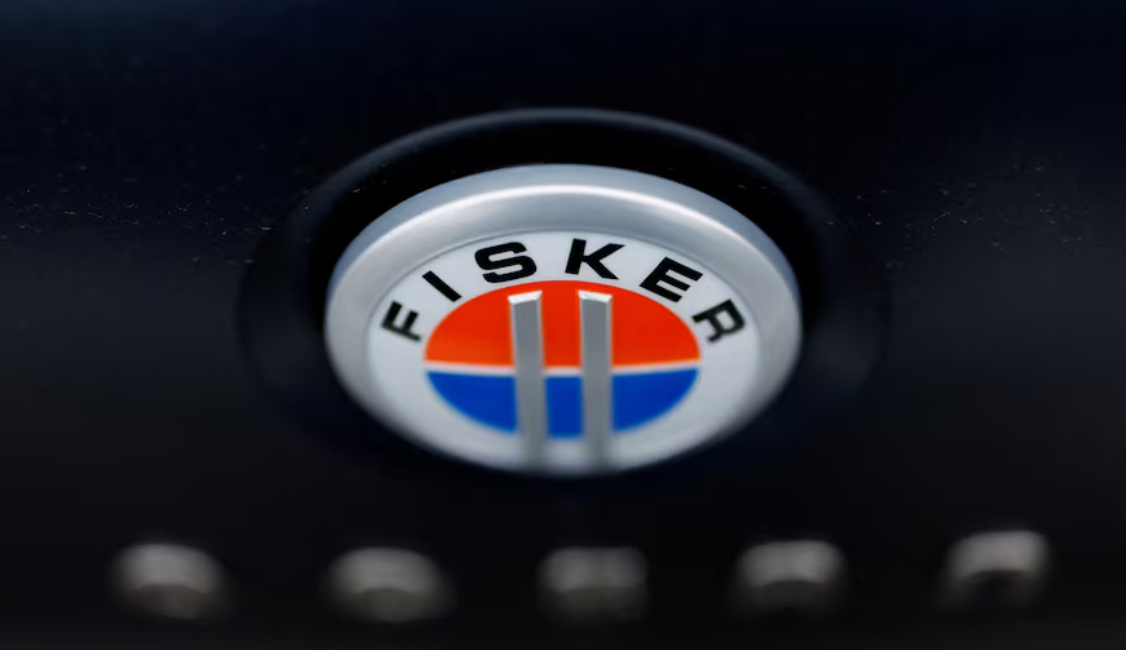Fisker has announced a recall of over 12,000 Ocean vehicles to address a critical safety issue involving exterior door handles. This recall, the company’s third this month, underscores the mounting challenges faced by the once-promising EV manufacturer.
The recall specifically targets a problem where the exterior door handles can become stuck, potentially preventing occupants from exiting the vehicle. The U.S. National Highway Traffic Safety Administration (NHTSA) has emphasised the severity of this issue, stating that “a door that fails to open can prevent occupants from exiting in an emergency, increasing the risk of injury.”
The scope of the recall is substantial, encompassing 8,204 Ocean SUVs in the United States, 513 in Canada, and 3,806 in Europe, totalling 12,523 units. Fisker has instructed its dealers across these regions to halt sales of Ocean vehicles in their inventory and conduct thorough inspections for the door handle defect. The company has committed to replacing the faulty door handles free of charge for affected customers.
This latest recall comes at a particularly challenging time for Fisker. The company once hailed as a potential competitor to industry leader Tesla, filed for bankruptcy protection earlier this month after depleting its cash reserves in an aggressive attempt to ramp up production and deliver its Ocean SUVs. The Ocean was positioned as a direct rival to Tesla’s best-selling Model Y crossover but has faced numerous obstacles in its path to market success.
Adding to Fisker’s woes, the NHTSA currently has four open investigations into various issues related to the Ocean SUV. These investigations, coupled with the recent string of recalls, have severely impacted consumer confidence in the brand. Customers have taken to social media platforms to voice their frustrations, reporting problems such as key fobs failing to unlock the vehicle and doors refusing to open.
The door handle recall is not an isolated incident for Fisker this month. Earlier in April, the company recalled more than 18,000 vehicles in North America and Europe due to faulty software and non-compliance with safety standards. This pattern of recurring safety issues has raised serious questions about the company’s quality control processes and its ability to compete in the increasingly crowded EV market.
For Henrik Fisker, the company’s namesake and famed car designer, this bankruptcy filing represents a painful déjà vu. His previous venture, Fisker Automotive, also filed for bankruptcy protection in 2013 following a battery failure in its Karma plug-in hybrid electric vehicle that resulted in a recall and substantial associated costs.
The current situation at Fisker highlights the precarious nature of the EV startup landscape. While the transition to electric mobility has created opportunities for new entrants in the automotive industry, it has also exposed the immense challenges of scaling production, maintaining quality, and competing with established manufacturers.
As Fisker navigates through this crisis, the company faces an uphill battle to regain consumer trust and stabilise its operations. The outcome of this recall and the company’s ability to address its underlying quality issues will likely determine whether Fisker can emerge from bankruptcy and reestablish itself as a viable player in the EV market.



